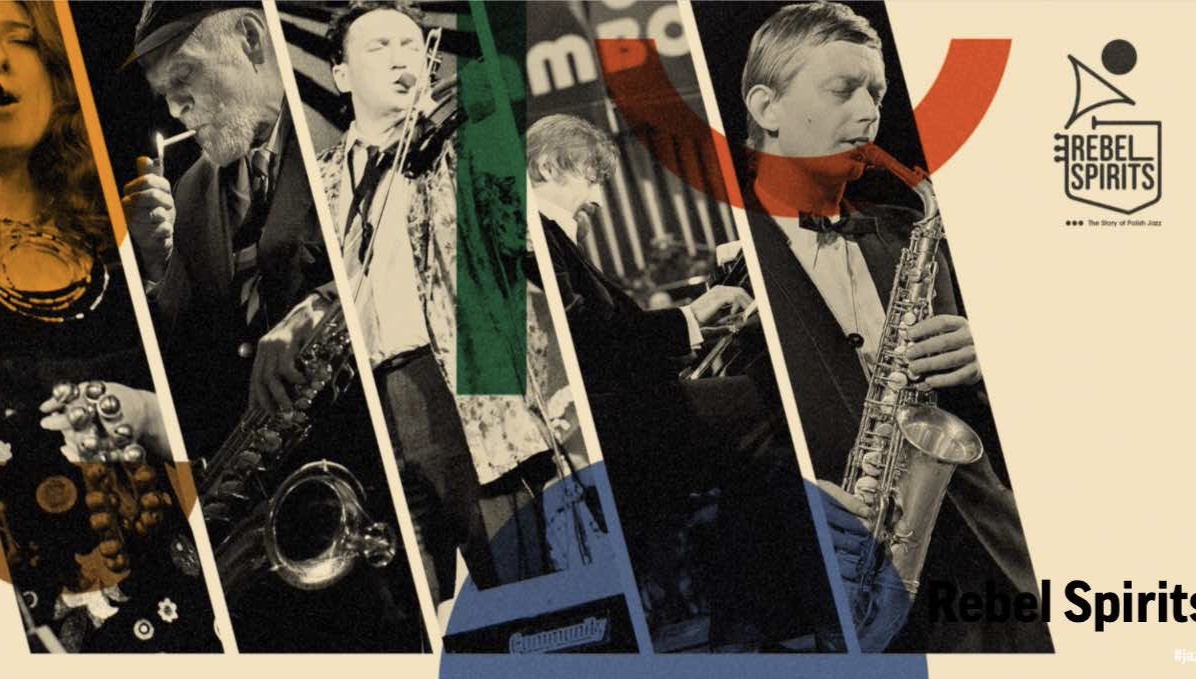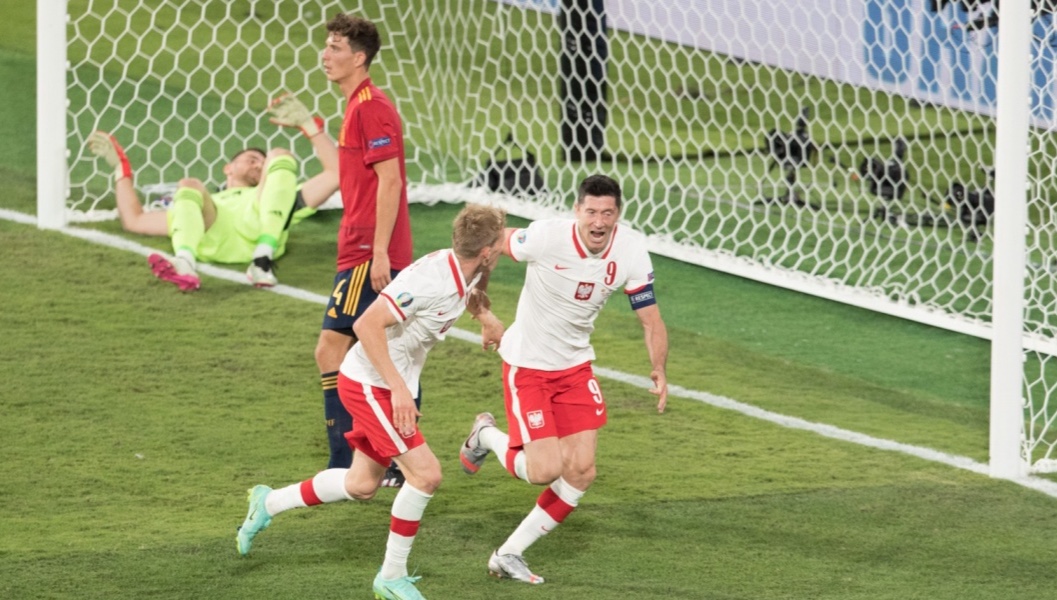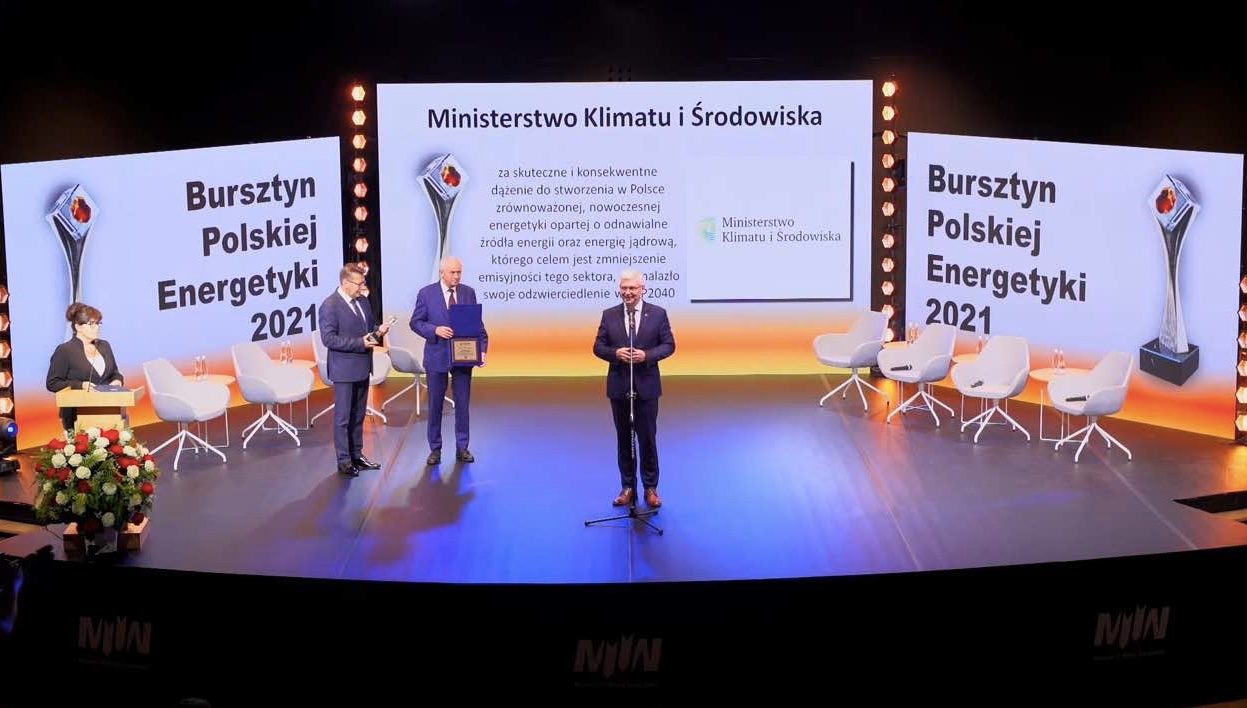The European Council called on the Kremlin to cease its actions against the Community and its Member States, as well as against third countries. The EC and the High Representative were also invited to present possible solutions for additional restrictive measures, including economic sanctions.
One of the topics of the ongoing EU summit since Thursday afternoon was relations with Russia. Prime Minister Mateusz Morawiecki has informed EU leaders about cyberattacks directed from Russia against the Polish government. The issue was also raised at the highest level of the North Atlantic Alliance.
Despite these actions, Emmanuel Macron and Angela Merkel have come out with an initiative to strengthen the Community’s relations with Vladimir Putin. The German ambassador to the European Union was even said to have suggested inviting Russian President Vladimir Putin to the summit. However, Germany’s idea has met with resistance from many countries.
Last night, German Chancellor Angela Merkel announced – after several hours of talks – that there would be no EU-Russia summit soon.
According to the interlocutors of the portal 300polityka. pl from the Prime Minister’s environment, “this means that despite the attempts of Germany and France, even with the support of Italy and Spain, there was no agreement on the liberalisation of the approach to Russia”. “Prime Minister Morawiecki, in cooperation with the leaders of the Baltic states, blocked Germany and France’s plan for an EU-Putin meeting”, the statement added.
– Tonight, the European Council and all European leaders condemned the cyberattacks on Poland, and this is written directly into the conclusions of the European Council
– said Piotr Müller, the government spokesman, in TVP Info today.
In the conclusions of the summit, accessed by the portal 300polityka. pl, the European Council condemned the Russian cyberattacks against member states, including Ireland and Poland. As the website reports, there will be an analysis of “appropriate measures within the toolbox for digital diplomacy”.
Strong words were also spoken to Russia, which was urged to “cease its actions against the EU and its Member States, as well as against third countries”.
– Concerning strengthening our resilience, the European Council underlines the need for the EU and its Member States to respond in a determined and coordinated manner to any further hostile, illegal and destructive action by Russia, making full use of all instruments at the EU’s disposal and ensuring coordination with partners. To this end, the European Council also invites the Commission and the High Representative to present possible options for additional restrictive measures, including economic sanctions
– the conclusions of the RE summit.

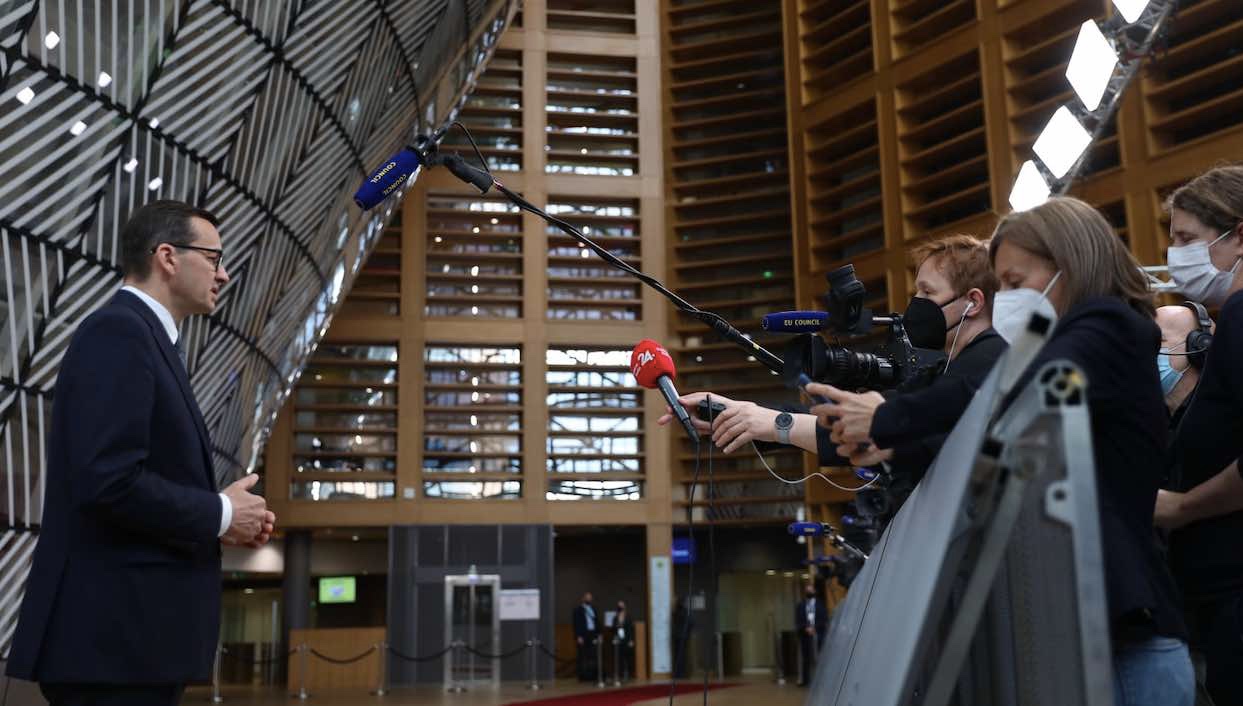

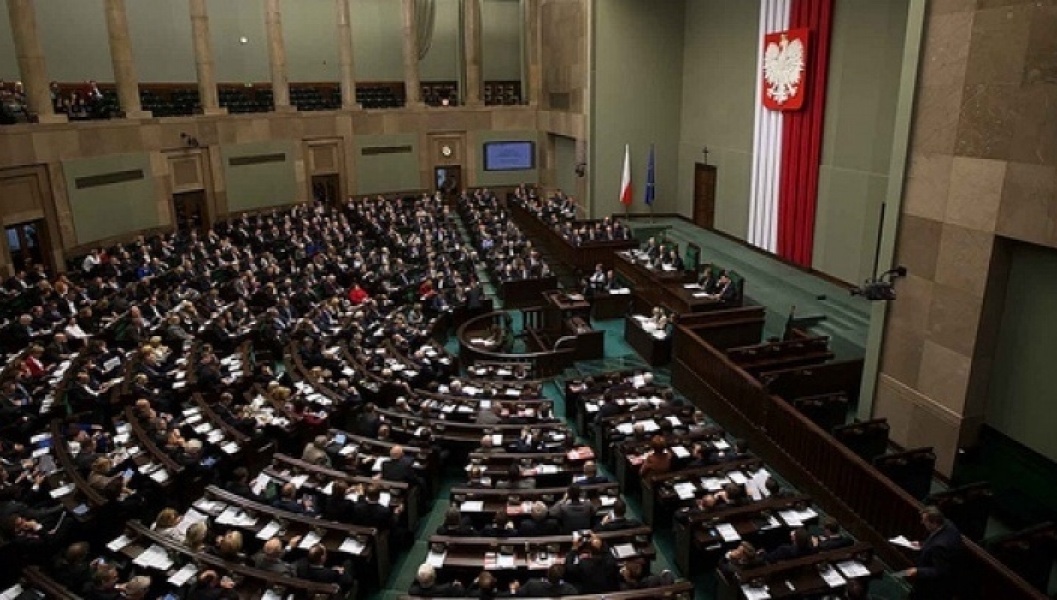
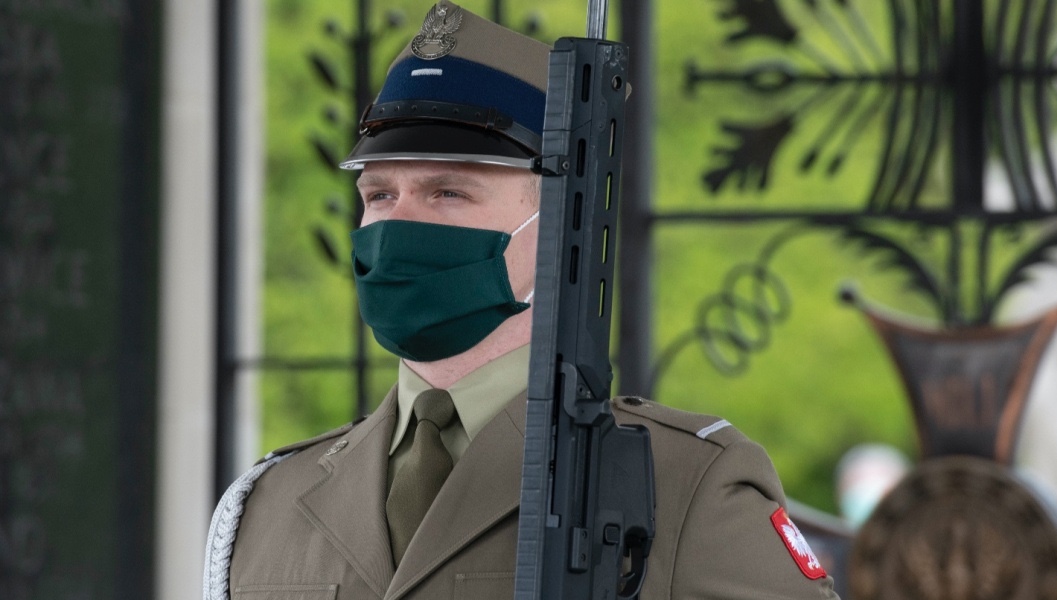
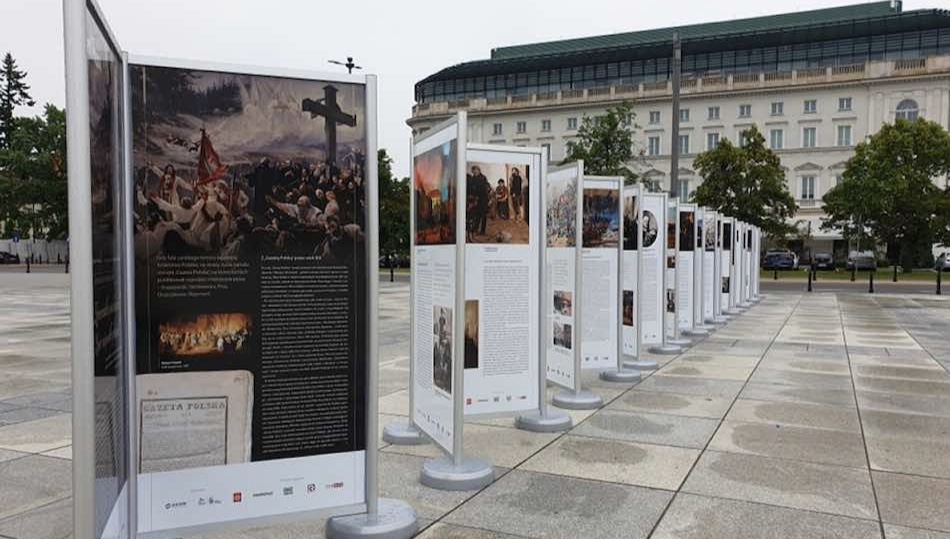
![In less than 10 minutes he showed why it is worth living by the Vistula River [VIDEO] In less than 10 minutes he showed why it is worth living by the Vistula River [VIDEO]](https://polanddaily24.com/wp-content/uploads/2021/06/fa3dade3a49305f27f64203452ac954c.jpg)
